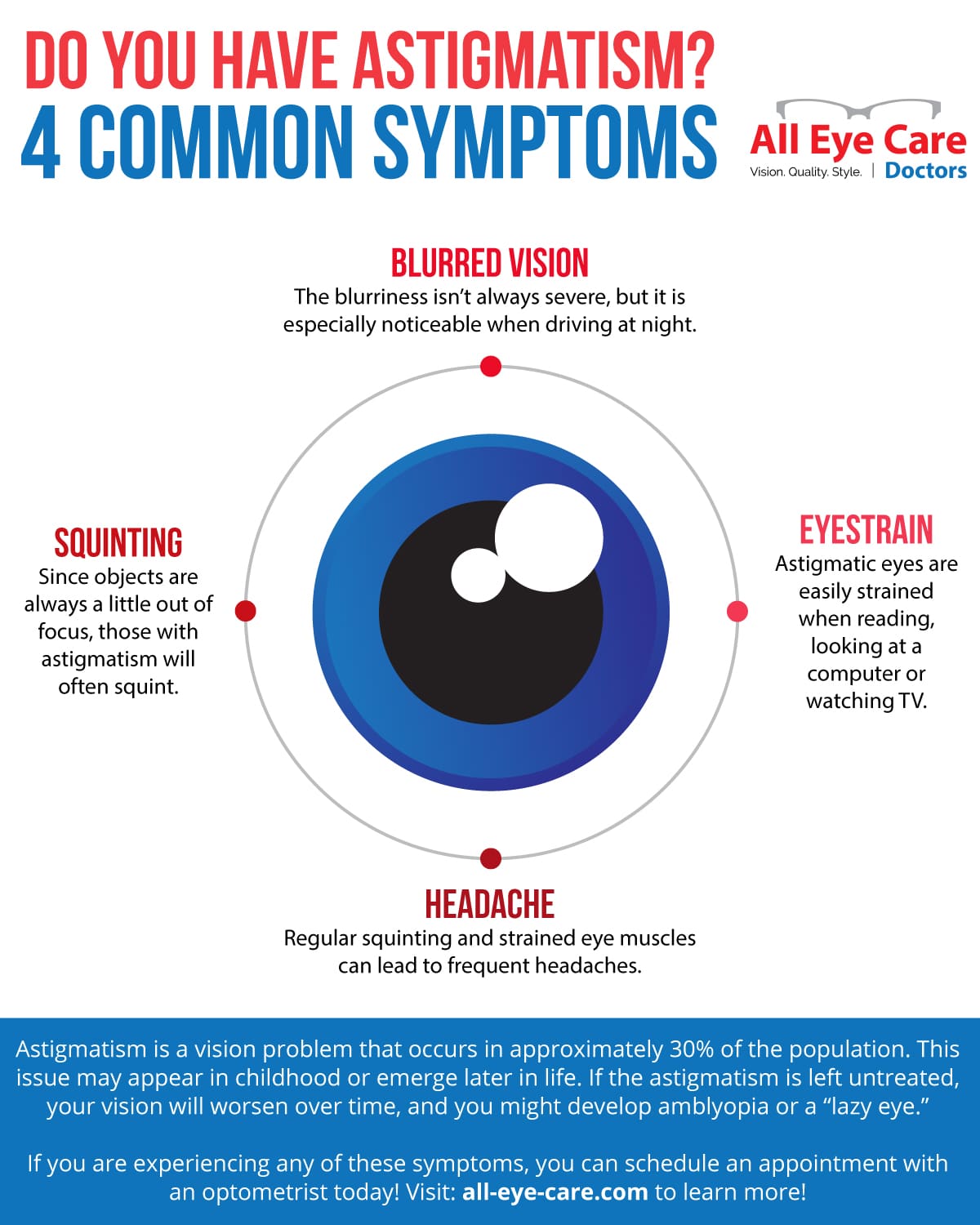The Ultimate FAQ On Refractive Lens Exchange: Everything You Need To Know
The Ultimate FAQ On Refractive Lens Exchange: Everything You Need To Know
Blog Article
Web Content By-Hunter Byers
If you're considering refractive lens exchange, you possibly have a great deal of inquiries. This procedure could transform just how you see the globe, offering advantages like reduced dependence on glasses. However, it's vital to recognize the process, threats, and who certifies as a good prospect. Let's check out these vital elements so you can make an informed choice regarding whether RLE is right for you.
What Is Refractive Lens Exchange and Exactly How Does It Function?
Refractive lens exchange (RLE) is a surgical procedure made to replace your eye's natural lens with a synthetic one, correcting vision concerns like nearsightedness, farsightedness, or presbyopia.
During the procedure, your cosmetic surgeon makes a tiny cut in the eye, removes your all-natural lens, and inserts an intraocular lens (IOL) tailored to your vision requires. This outpatient surgical treatment typically takes around 15 to thirty minutes per eye and is performed under local anesthesia.
You'll likely see improvements in your vision almost immediately, though full healing may take a couple of weeks. RLE is specifically helpful for those over 40 or with high prescriptions, supplying a resilient service contrasted to glasses or call lenses.
Your eye care professional can help determine if RLE is right for you.
What Are the Conveniences and Risks of Refractive Lens Exchange?
Choosing refractive lens exchange can bring about considerable enhancements in your vision, yet it is very important to consider both the benefits and threats before making a decision.
On the bonus side, this treatment can enhance your sight by fixing problems like presbyopia, nearsightedness, and hyperopia. https://www.healio.com/news/ophthalmology/20210217/blog-the-50-lasik-consult appreciate decreased reliance on glasses or call lenses, which can substantially enhance their quality of life.
However, it's vital to think about prospective risks. Problems can include infection, glare, or halos around lights.
There's likewise https://klara-akilah.blogbright.net/in-this-guide-discover-the-important-steps-of-laser-vision-correction-and-discover-what-crucial-variables-influence-your-recuperation-and-results of overcorrection or undercorrection, which might need additional procedures.
Who Is an Ideal Prospect for Refractive Lens Exchange?
If you're considering refractive lens exchange, it's important to understand whether you fit the account of a suitable candidate. Normally, you might be a good prospect if you more than 40, experience presbyopia, or have high levels of nearsightedness or farsightedness.
It's also crucial that your vision is steady, meaning your prescription hasn't altered dramatically in the past year. If you have cataracts or other eye conditions, you might take advantage of this procedure as well.
However, specific elements, like unchecked diabetes mellitus or autoimmune conditions, can invalidate you. To establish your candidateship, speak with an eye treatment specialist who can examine your specific scenario and advise the best strategy customized to your requirements.
Conclusion
To conclude, refractive lens exchange can be a transformative alternative for improving your vision, specifically if you're over 40 or have a high prescription. While the advantages are considerable, it's crucial to weigh the dangers and seek advice from your eye care expert to figure out if you're an excellent candidate. With the ideal information and support, you can make a notified decision and possibly appreciate a life with lowered dependancy on glasses.
